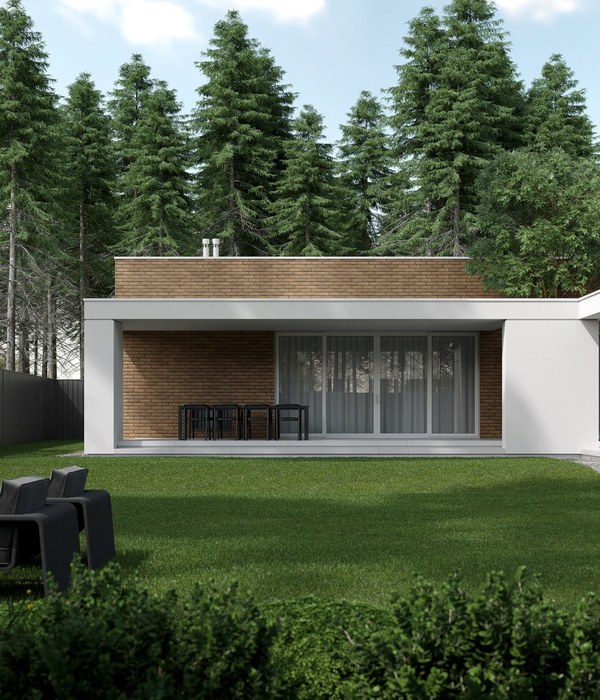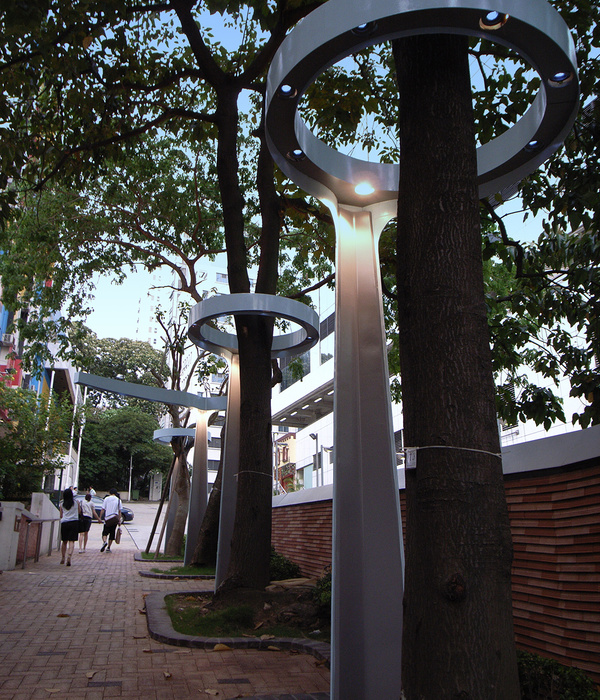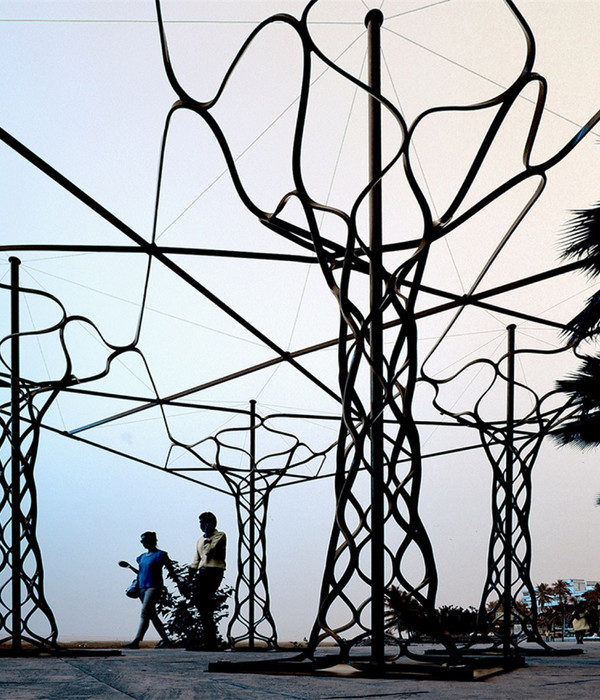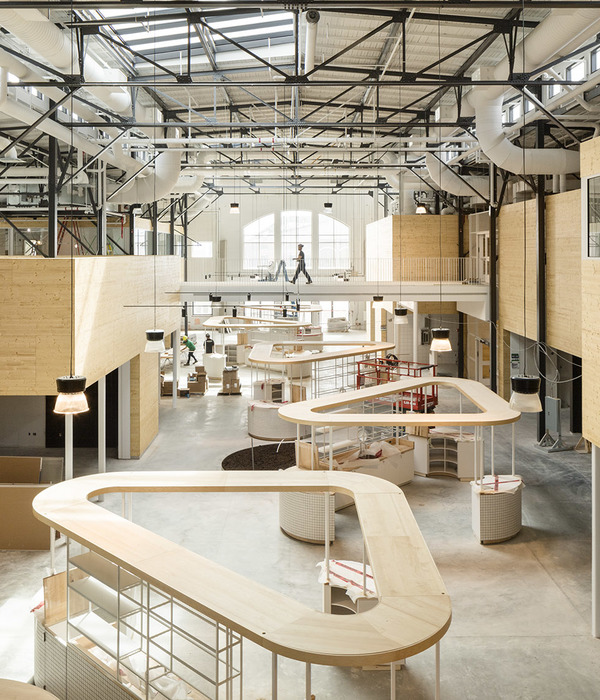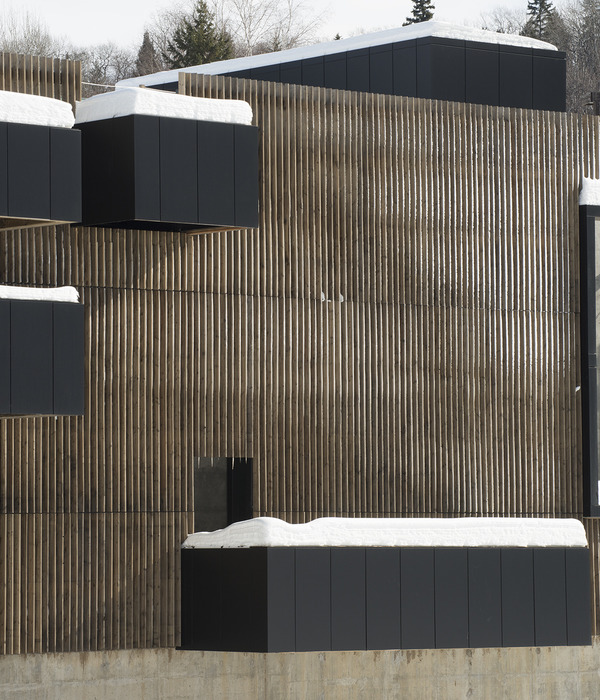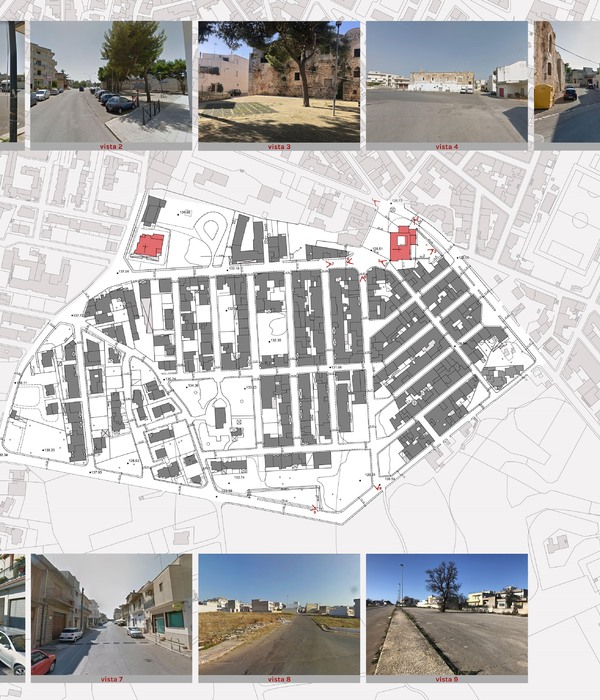Architect:superspace
Location:Ayvansaray, Ayvansaray Cd. No:12, 34087 Fatih/İstanbul, Turkey; | ;View Map
Project Year:2020
Category:Masterplans;Urban Green Spaces;Waterways/Wetlands
still taking the heavy toll of decades of improper industrialization, waste, and ecological management, the golden horn is at the beginning of an inspired and long recovering journey, ready to give back what is taken from nature and people, bearing the lost habitats and climate change in mind.
are we going to make it then and there? let's meet in the future!
"golden horn" is an extraordinary geographical formation at the confluence point of two old rivers kagithane and alibeykoy creeks, meandering approximately 8 kilometers, expanding to the Bosphorus, splitting the European side and isolating the old city from the newer one, defining the historical peninsula. It has been in the middle of wars overthrowing the greatest empires, in glooming dreams of traveling artists, and in glowing eyes of rejoining lovers, it was even subject to demigod legacies of greek mythology dating back to the seventh century BC. Istanbul’s "golden horn" or "haliç", meaning “estuary” in Turkish which is not an issue in a geographical manner, is one of the world’s largest natural harbors and has also served for industrial purposes for many years which doomed its failure. the shorelines of the "golden horn" have been transformed into a cultural and green site category after it lost its main function as an industrial harbor site.
along the shoreline of "fener, balat, ayvansaray, and eyup" districts, which are exceptionally homage to various religions, cultures, and structures, like the fortifications, “goldentrail”, is a regional recreational corridor that creates a unique environment both for residents and visitors, connecting people and the neighborhood to the waterfront, using the remnants of the ever-changing relations of the city wall and the shoreline, as an inception point for the design. at the time, the shallow shoreline had been filled in to make new land for the growing industrial area and the effect can be easily traced back to the city walls from the archived maps of Istanbul. this changing shoreline effect is used to determine the mainly filled-in areas and excavate back to wetlands to give back to nature, forming habitats suitable for wildlife and filtering the water naturally, and maintaining sustainability while a “goldentrail” is flowing through for people to observe and enjoy the moment, with the aim of a more balanced environment.
how can we regenerate and diversify the use of a 3km long waterfront line and park around one of the most cosmopolitan and historical territories of istanbul, the greenest area skirting along with the golden horn?
different kinds of routes through the coastline lead to various zones defined by distinct experiences while a fragrance garden mediates the urban fabric with the park, directing numerous shortcuts to the water emerging from the dense organic urban network.
the project site has 5 distinctive characteristics of rail, land, and water relationship, and Goldentrail is segmented into these island zones consisting of “sports and events”, “rest-and-play”, “museum and exhibition”, “fragrance garden”, and “urban garden” sections.
one of the main problems in this area is that the districts mainly have limited access through a few lost ports that faded into streets long ago along with the newly constructed light rail system in which its transitions also do not correspond with the few city wall ports and obstructs the waterfront. As a solution a linear filtering “fragrance garden” is formed that generates new shortcuts and long runs to the existing rail transitions, giving way to more colorful, joyful, and sensorial strollings along the main road and expanding the area for pedestrians and cyclists.
the park slices down the coastline into various sections at the edge of the water, tracing back the natural line of the estuary and shaping with new lazy walking trails, green open spaces, and habitats for wildlife, giving opportunity for a reunion with nature and improving the social ties by sharing space and time together.
the existing main road turned into a pedestrian-only service shared street for a more lively commercial neighborhood connection on the fortification line, zone5 has scattered micro-urban farming and gardening areas in between historical buildings that emerge from the old trails of various ateliers and factories once activated the area.
bright and living spaces along the coastline that embrace people of all ages in the power of art and play trigger the positivity and productivity of the community, making people care and act more.
▼项目更多图片
{{item.text_origin}}

